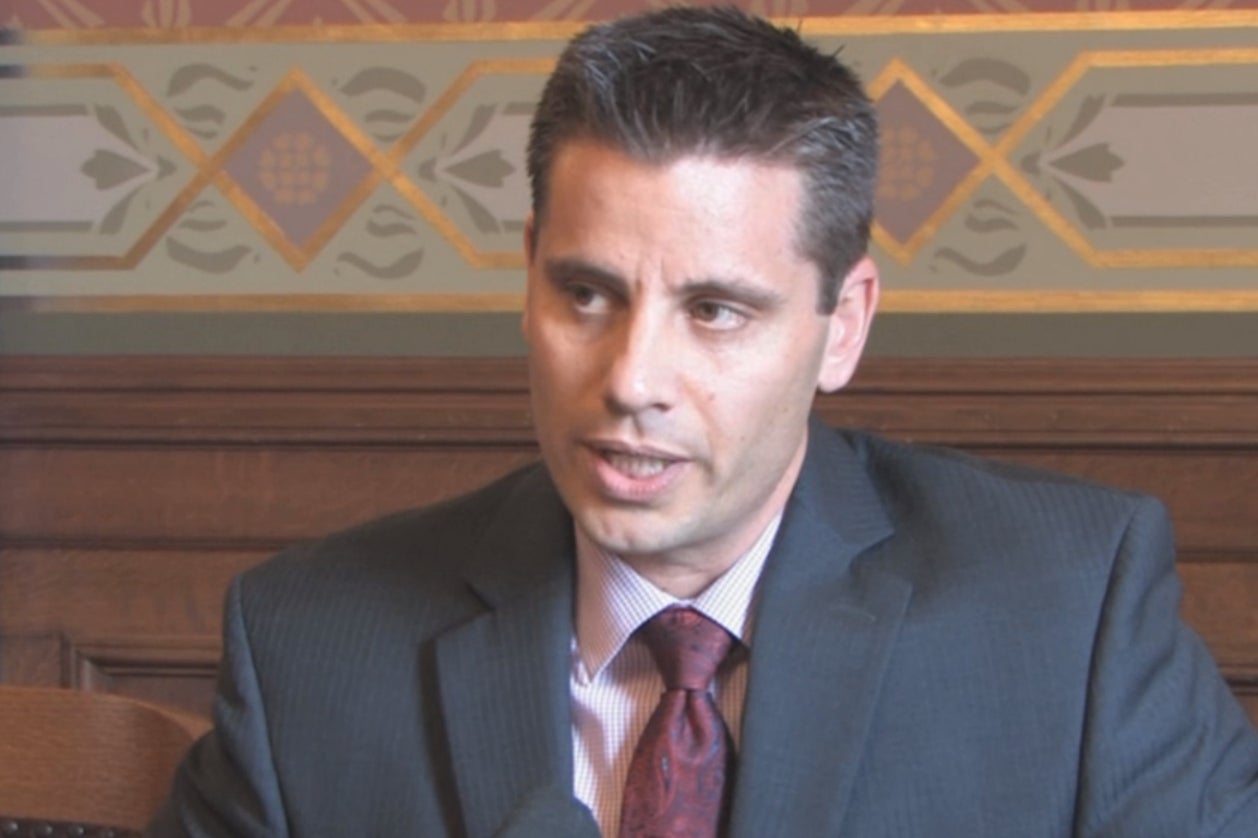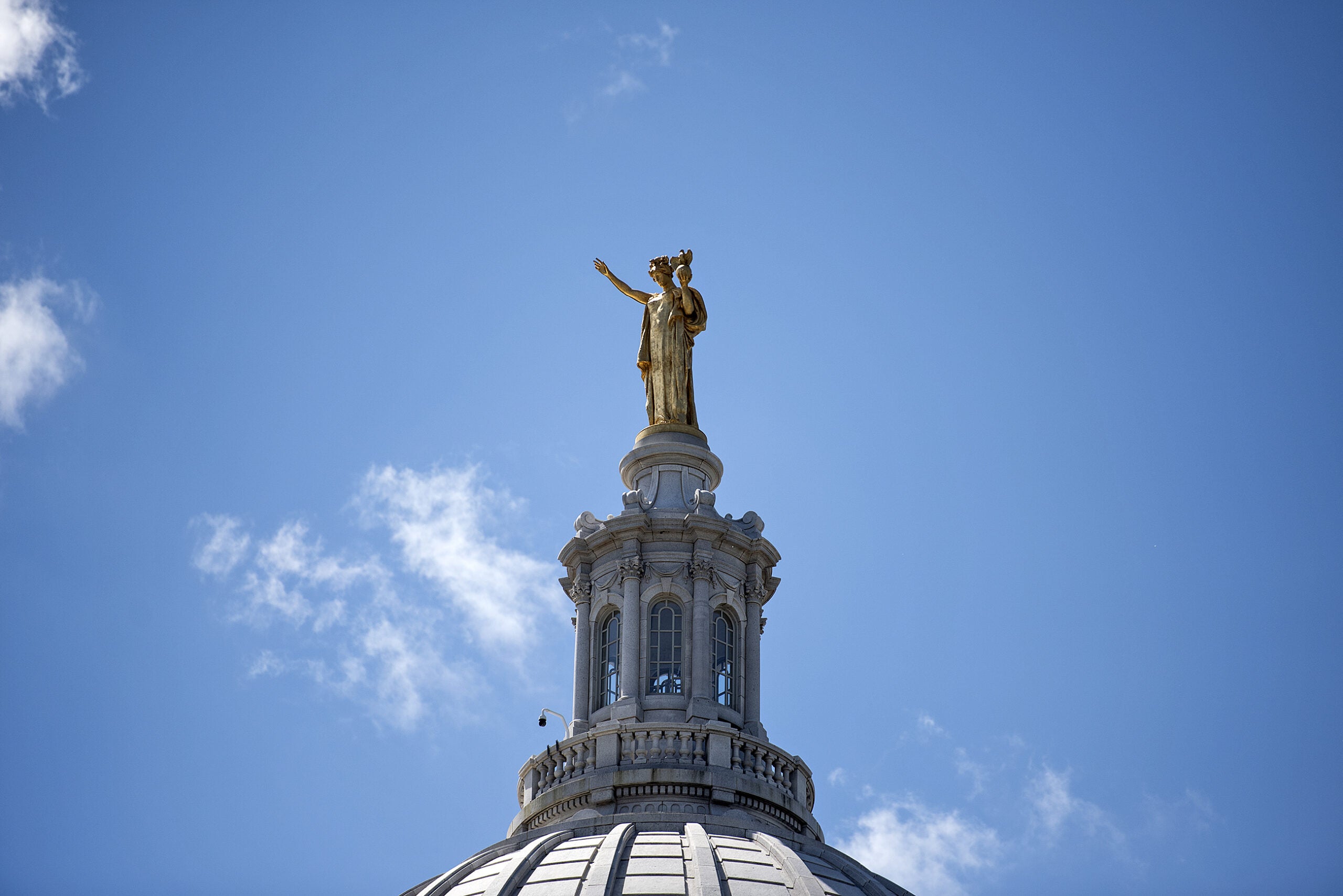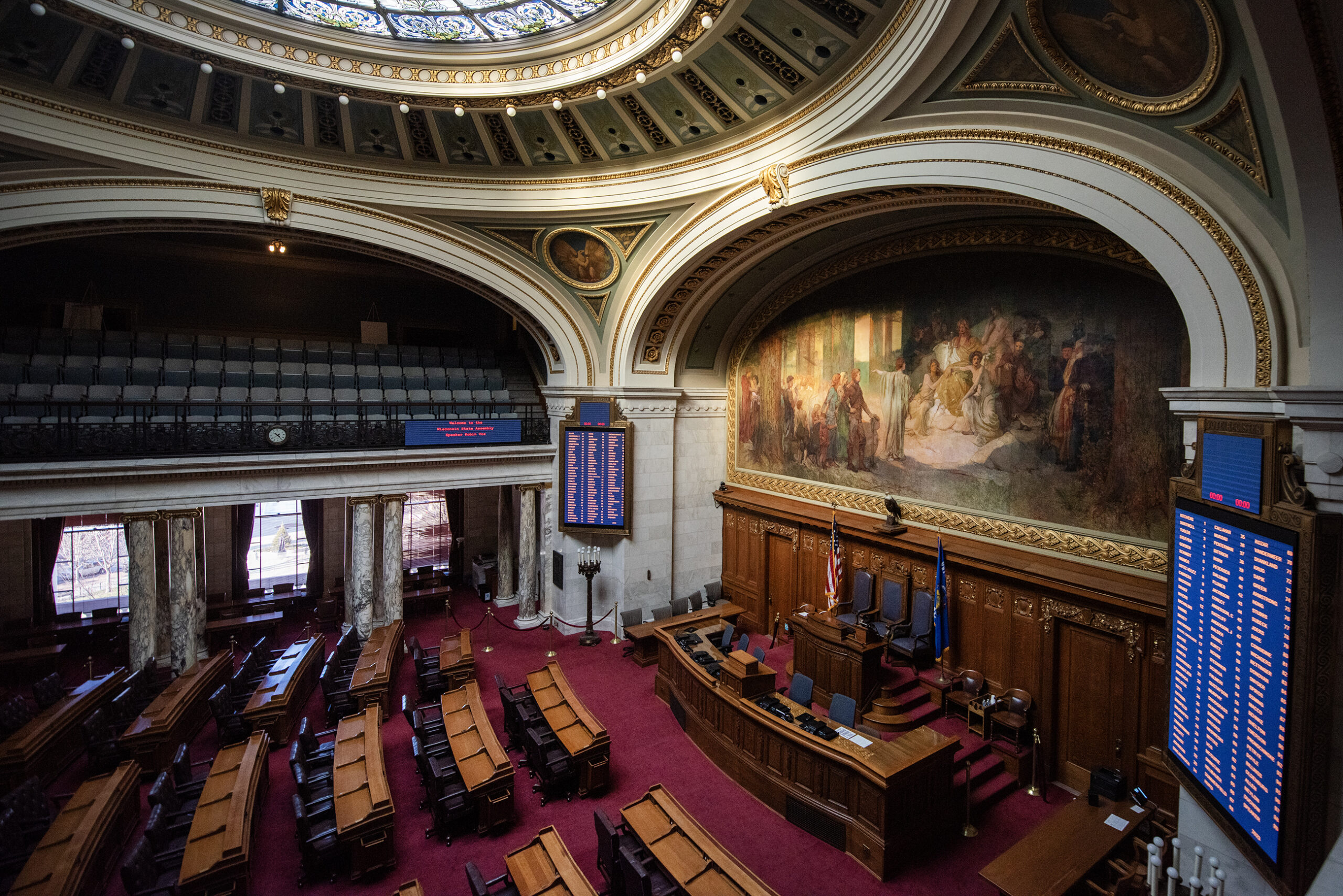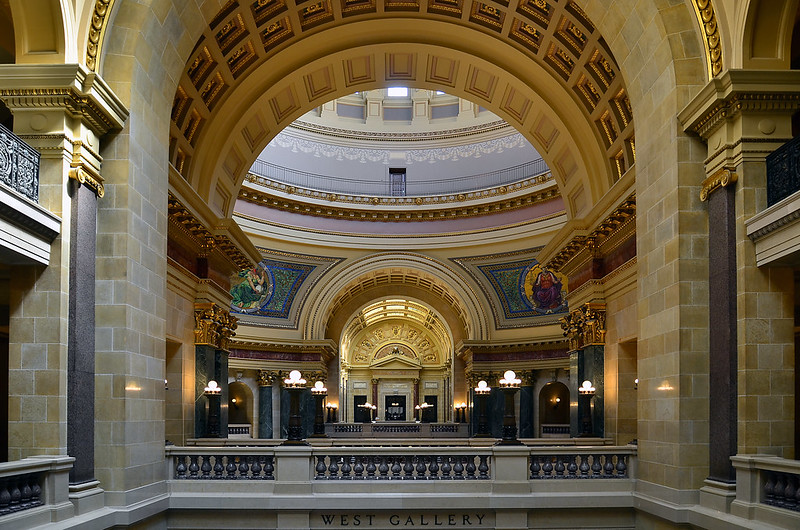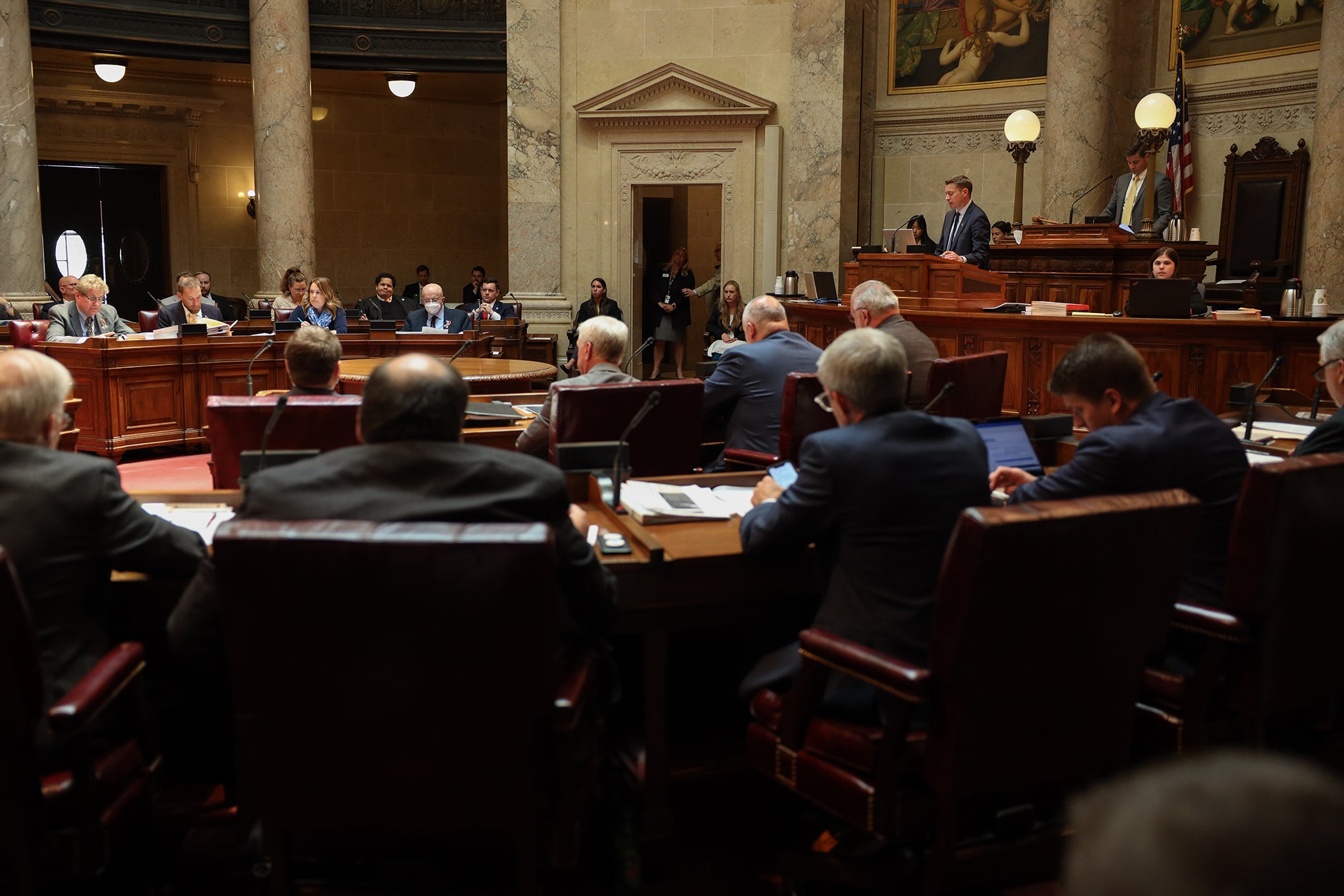Wisconsin is poised to join 20 other states in calling for an amendment to the U.S. Constitution requiring a balanced federal budget.
On a party line vote, with Republicans for and Democrats opposed, the Assembly Committee on Campaigns and Elections approved a joint resolution on Tuesday calling for a constitutional convention to debate a federal balanced budget amendment. At a hearing held last week, the author of the resolution, Rep. Chris Kapenga, R-Delafield, said since federal legislators are unwilling to deal with the federal debt and deficit, the states have to take the matter into their own hands.
Kapenga: “The actions at the federal level are putting at risk the life, liberty and pursuit of happiness that Jefferson put in the Declaration of Independence. In light of this problem, it’s time for the Wisconsin State Legislature to once again utilize our federal powers as authorized under Article 5 of the U.S. Constitution. We must require the federal government to operate under a balanced budget.”
Stay informed on the latest news
Sign up for WPR’s email newsletter.
Kapenga said a convention to debate the proposed amendment has bipartisan support from more than a dozen legislatures so far. Rep. Terese Berceau, D-Madison, voted against Wisconsin joining that debate until there’s agreement on what a balanced budget really means.
“If we are going to be that simplistic and say we are going to have a balanced budget, let’s talk about what exactly does that mean if we decide to go to war,” said Berceau. “What does it mean if there is some massive national disaster? What did that mean to the budget at the time we had (Hurricane) Katrina?”
Two-thirds of the states would have to call for the convention before Congress would act on holding one, and three-fourths of state legislatures would have to ratify it before it became part of the Constitution.
Wisconsin Public Radio, © Copyright 2024, Board of Regents of the University of Wisconsin System and Wisconsin Educational Communications Board.

